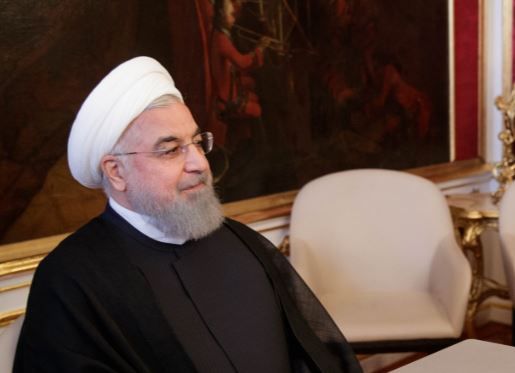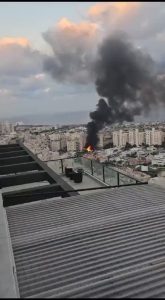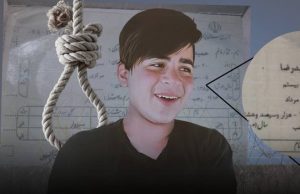Talks to save the 2015 Iran nuclear deal resumed in Vienna on Thursday in the face of fresh tensions, with Tehran preparing to ramp up uranium enrichment in response to an attack on a facility it blamed on arch-foe Israel.
After a positive first round of negotiations last week aimed at resurrecting the 2015 agreement scuttled by former US President Donald Trump, Iran’s announcement that it would enrich uranium up to 60 percent “puts pressure on everyone,” a European diplomat told AFP.
The move would take Iran closer to the 90 percent purity level needed for use in a nuclear weapon.
Also read | Drone attack targets Kurdish Iraq’s Arbil airport
EU external affairs spokesperson Peter Stano described the announcement as “extremely worrisome from a nuclear non-proliferation point of view”.
“There is no credible or plausible civilian justification for such a decision,” Stano told reporters.
Meanwhile, Iranian President Hassan Rouhani re-stated the country’s long-standing position that “we are not seeking to obtain the atomic bomb”, saying it was a “mistake” for Europe and the United States to express concern that Iran could “enrich to 90 percent in one go”.
Tehran says the enrichment move is a response to Israel’s “nuclear terrorism” after an explosion on Sunday knocked out power at its Natanz enrichment plant.
Also read | Virus could force Olympics cancellation, says top Japanese politician
Israel has neither confirmed nor denied involvement, but public radio reports in the country said it was a sabotage operation by the Mossad spy agency, citing unnamed intelligence sources.
“It definitely complicates things,” the European diplomat said, ahead of the talks between the remaining parties to the deal since the US exit — Germany, France, Britain, China, Russia and Iran — which resumed early on Thursday afternoon.
US Secretary of State Antony Blinken said late Wednesday that Washington was taking the “provocative announcement” on enrichment from Iran “very seriously”.
“I have to tell you the step calls into question Iran’s seriousness with regard to the nuclear talks,” Blinken told reporters in Brussels.
But events of the past few days have also “reminded both parties that the status quo is a lose-lose situation”, and have “added urgency” to the talks, said Ali Vaez, Iran Project Director at the International Crisis Group think tank.
“It is clear that the more the diplomatic process drags on, the higher the risk that it gets derailed by saboteurs and those acting in bad faith,” Vaez added.
Also read | New US sanctions won’t ‘help’ Putin-Biden summit plans: Kremlin
Known as the Joint Comprehensive Plan of Action (JCPOA), the deal has been disintegrating since Trump dramatically withdrew from it in 2018 and re-imposed sanctions, prompting Iran to retaliate by exceeding its agreed limits on nuclear activity.
Russia’s representative in Vienna said the deal remained the “only viable solution which can bring the Iranian nuclear programme back to the agreed parameters”.
But the Joe Biden administration, while agreeing on the JCPOA’s value, has stressed that it is waiting for Iran to first roll back steps away from compliance that it took to protest Trump’s sanctions.
An American delegation is attending the talks “indirectly”, staying at a separate hotel.
Washington is “very open-eyed about how this will be a long process,” White House press secretary Jen Psaki told reporters Wednesday.
“It’s happening through indirect discussions, but we still feel that it is a step forward.”
In the meantime, the European diplomat said that Tehran is reducing its “breakout time” — the time needed to acquire the fissile material necessary for the manufacture of a bomb.
Under the JCPOA, Iran had committed to keep enrichment limited to 3.67 percent, though it stepped this up to 20 percent in January.
The UN’s International Atomic Energy Agency said its inspectors visited the site at Natanz for “verification and monitoring activities” on Wednesday, and that Iran had “almost completed preparations” to enrich uranium to 60 percent purity.
Iranian Foreign Minister Mohammad Javad Zarif said the Natanz attack had unleashed a “dangerous spiral” and warned Biden the situation could only be contained by lifting the sanctions Trump imposed.
“It was unrealistic to expect Iran not to respond to such a humiliating attack at the heart of its nuclear programme,” the ICG’s Vaez said.
“But the only thing that in the past two decades has effectively curtailed Iran’s nuclear programme has been diplomacy, not sanctions or sabotage.”
bur-anb/jsk/kjl







